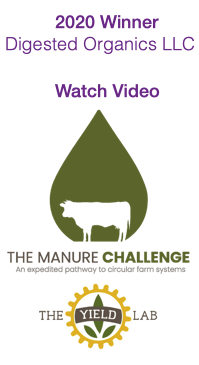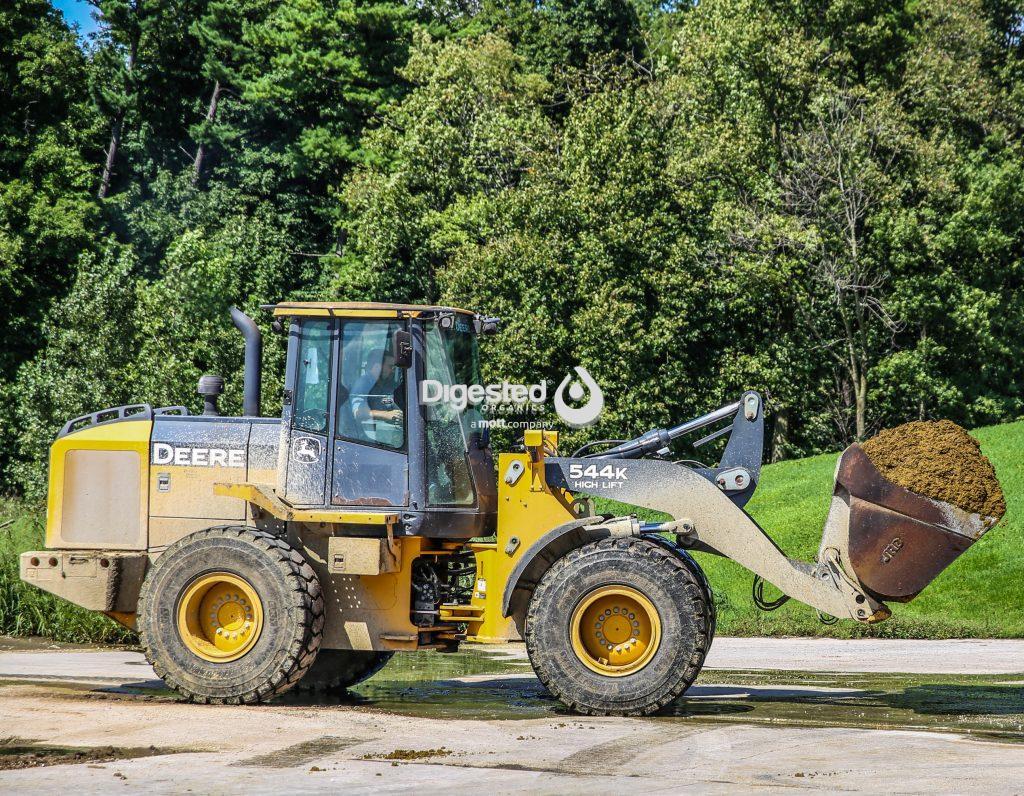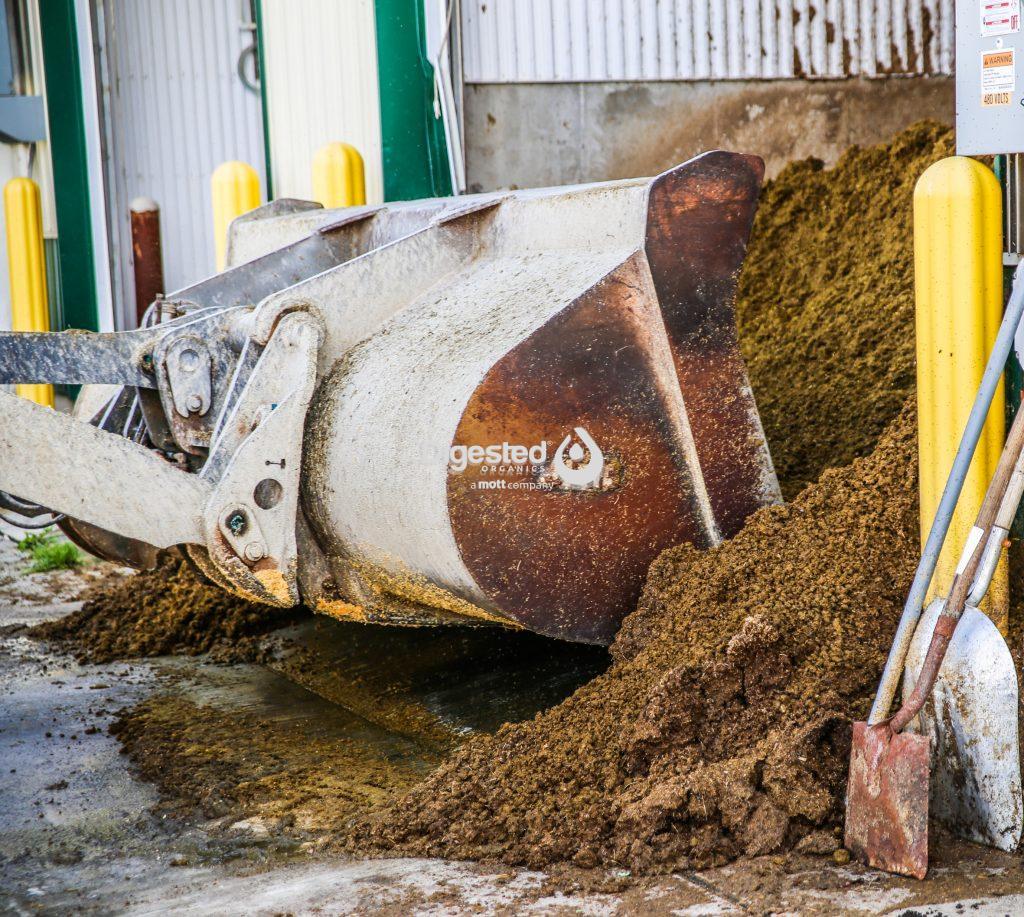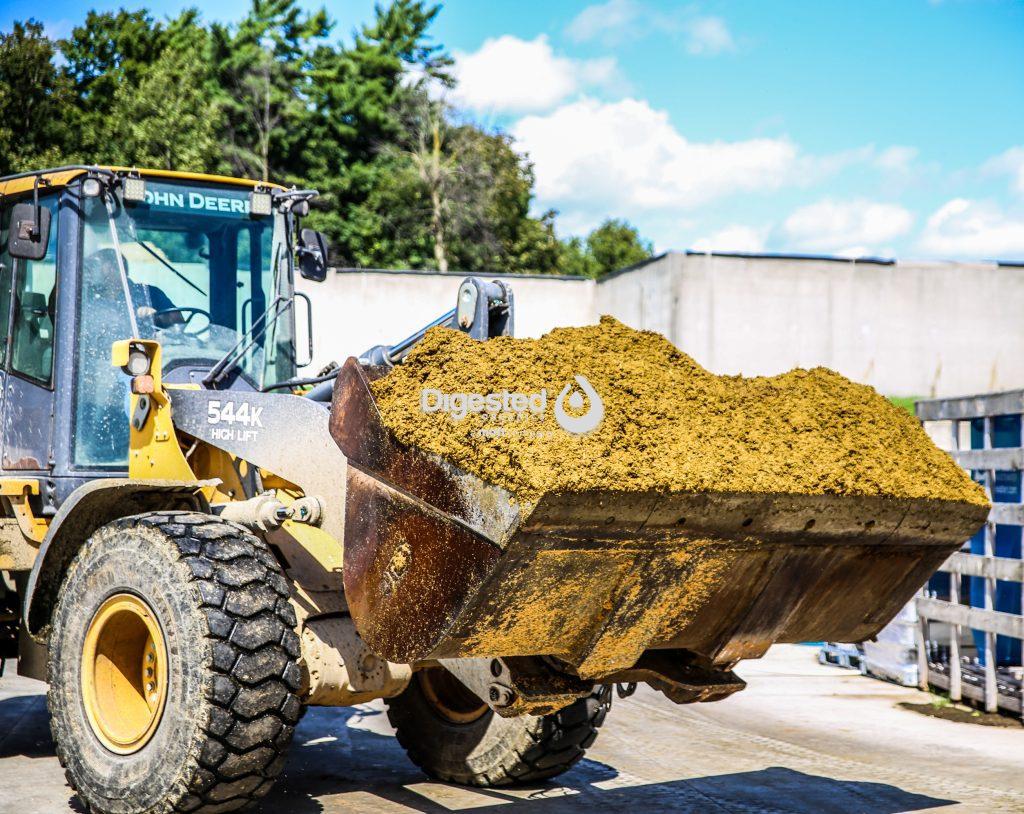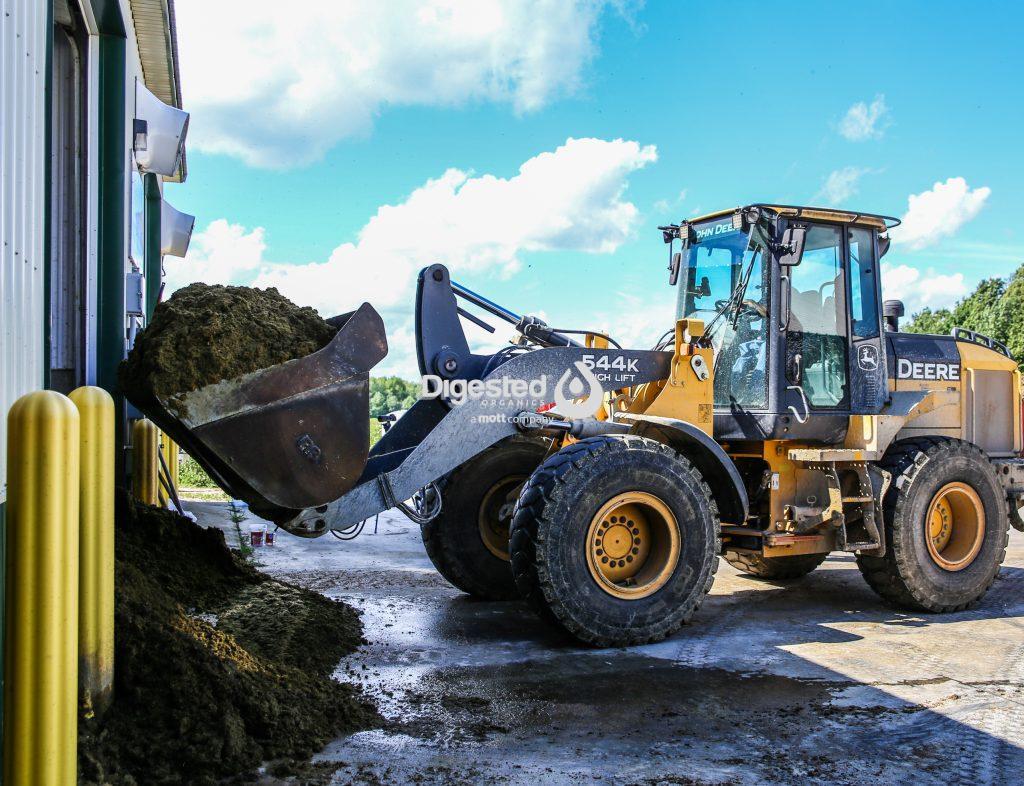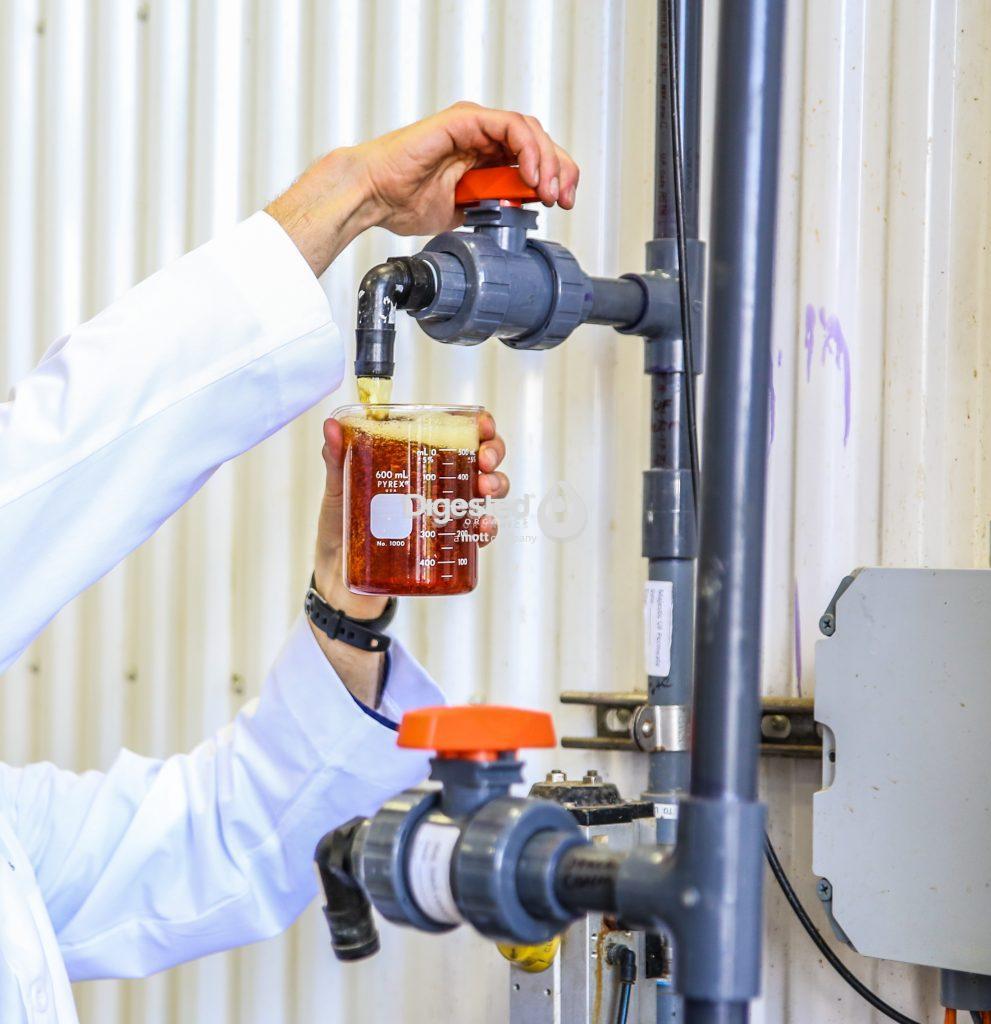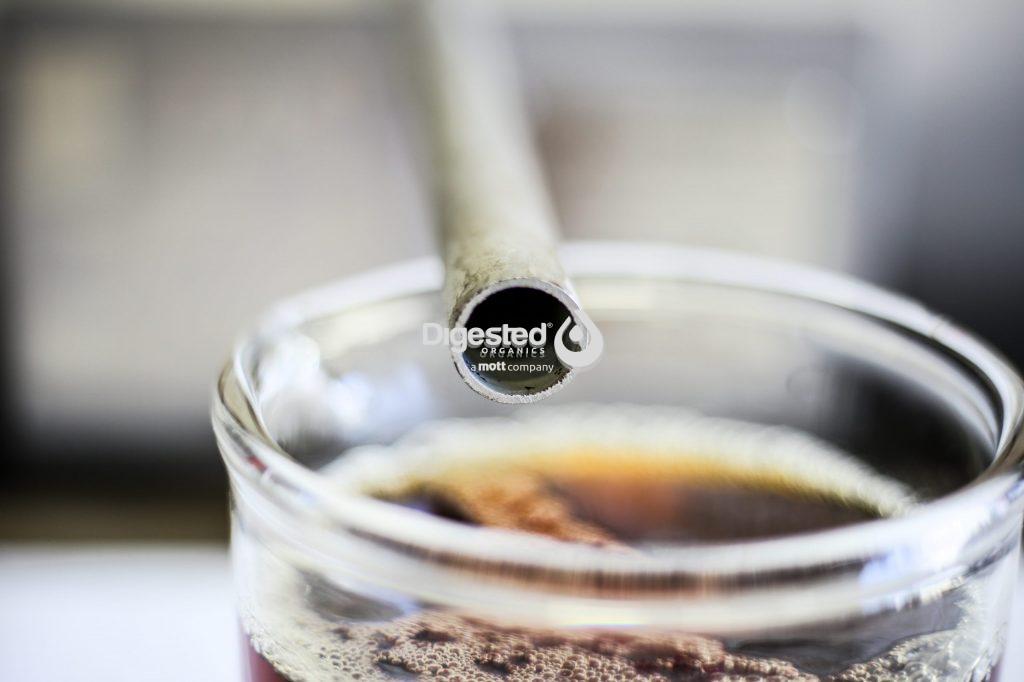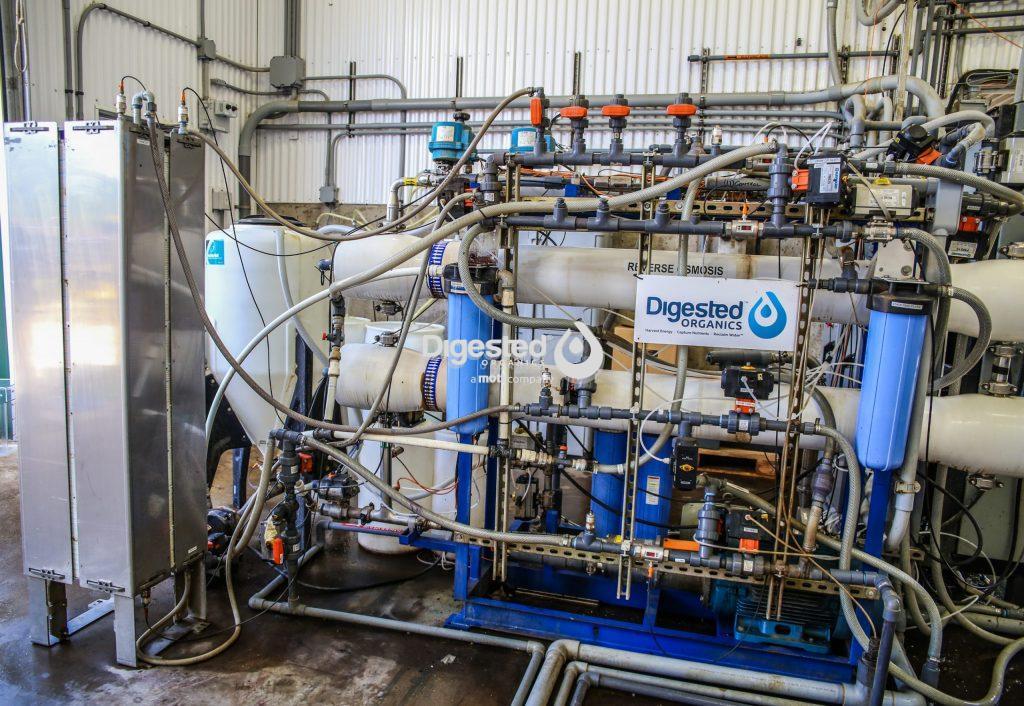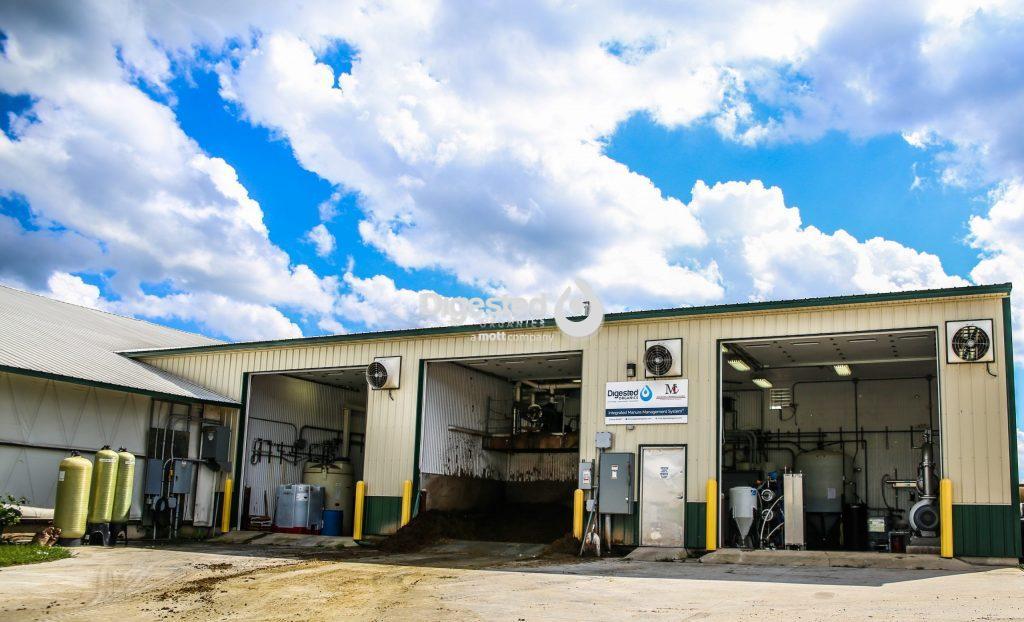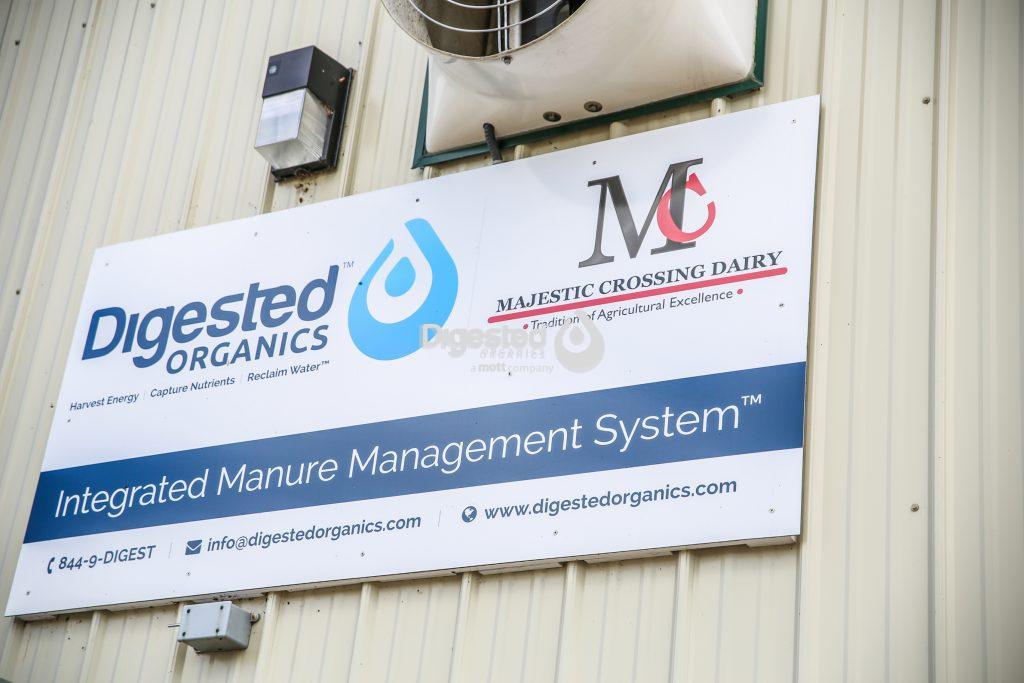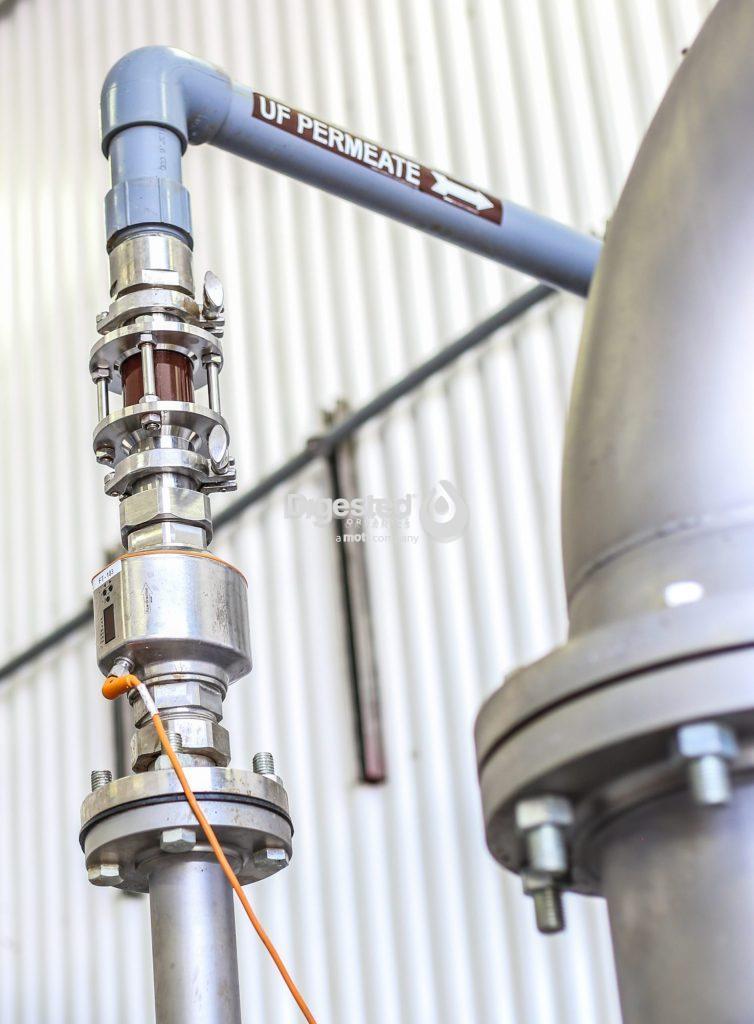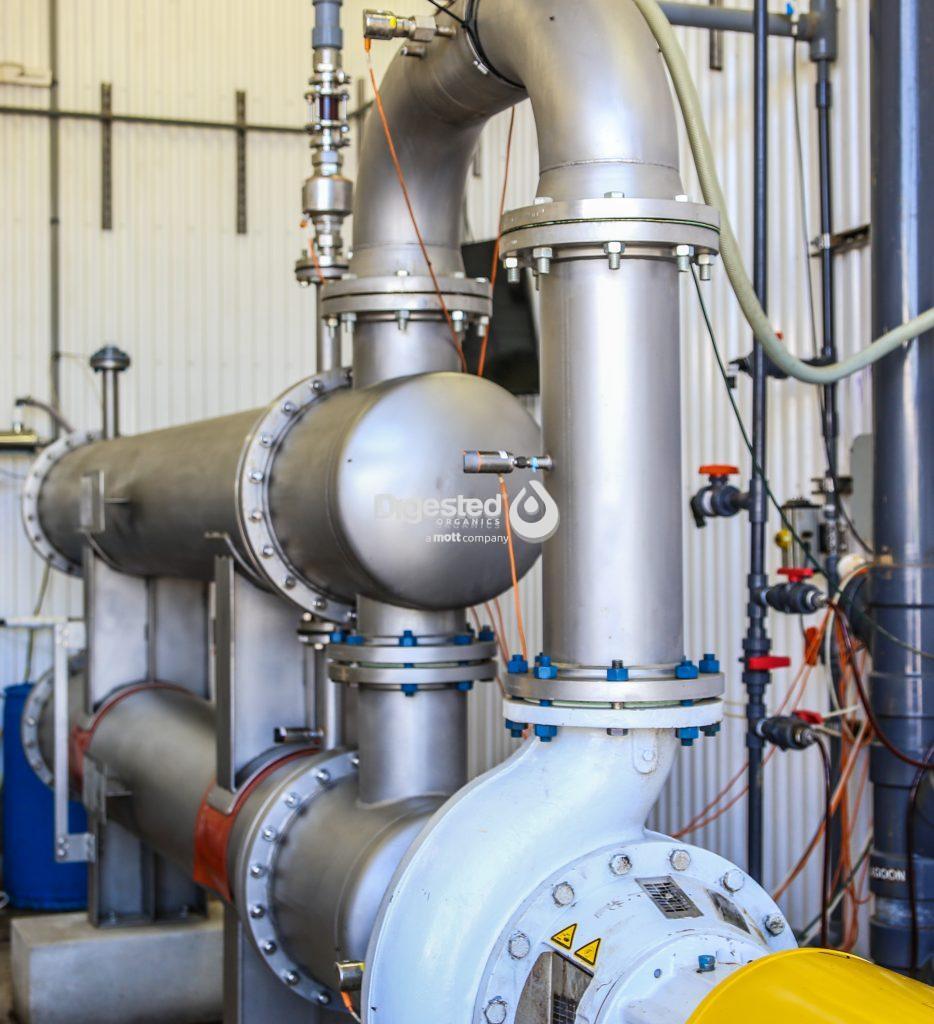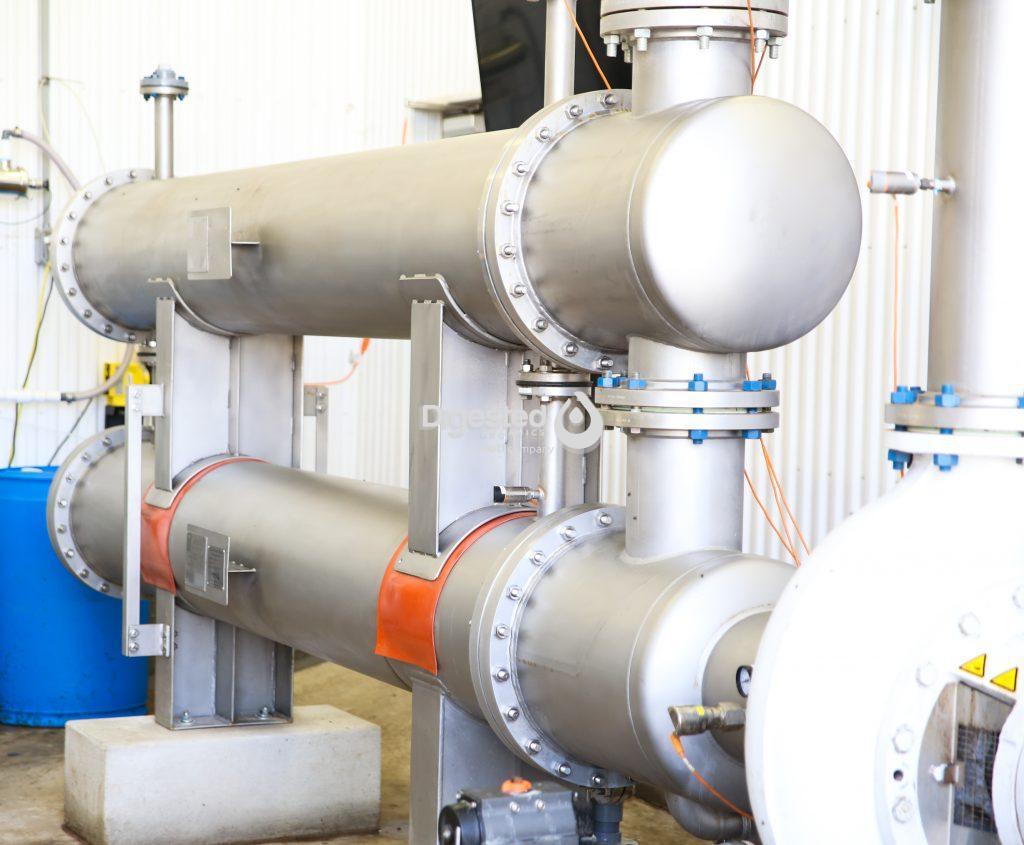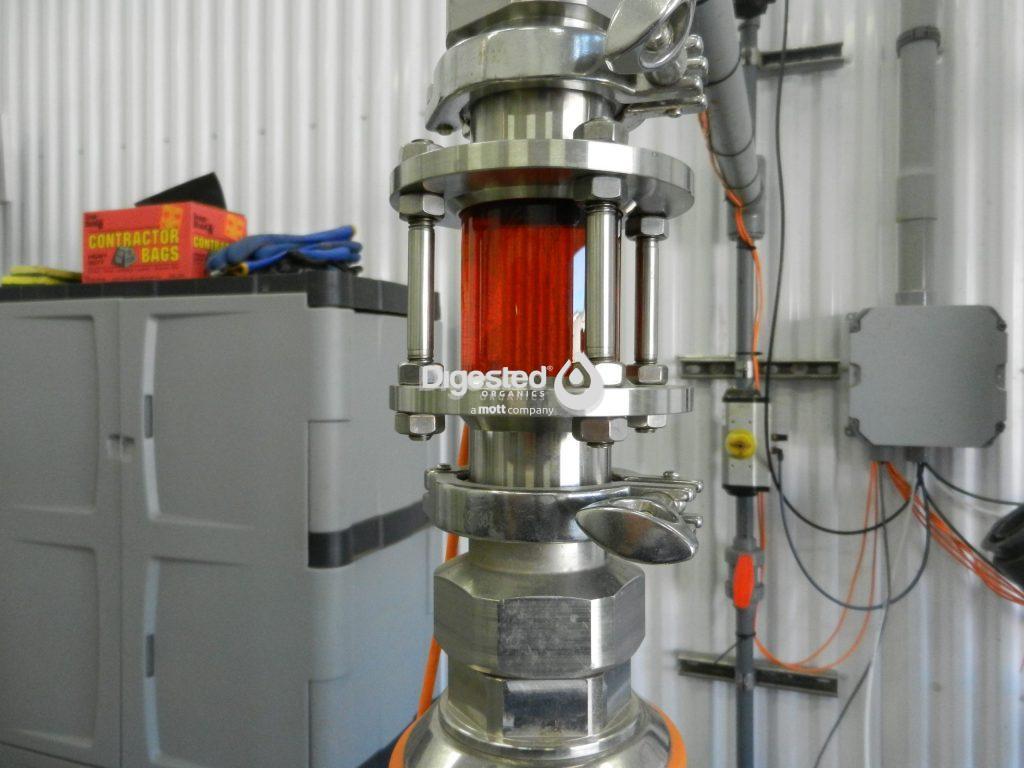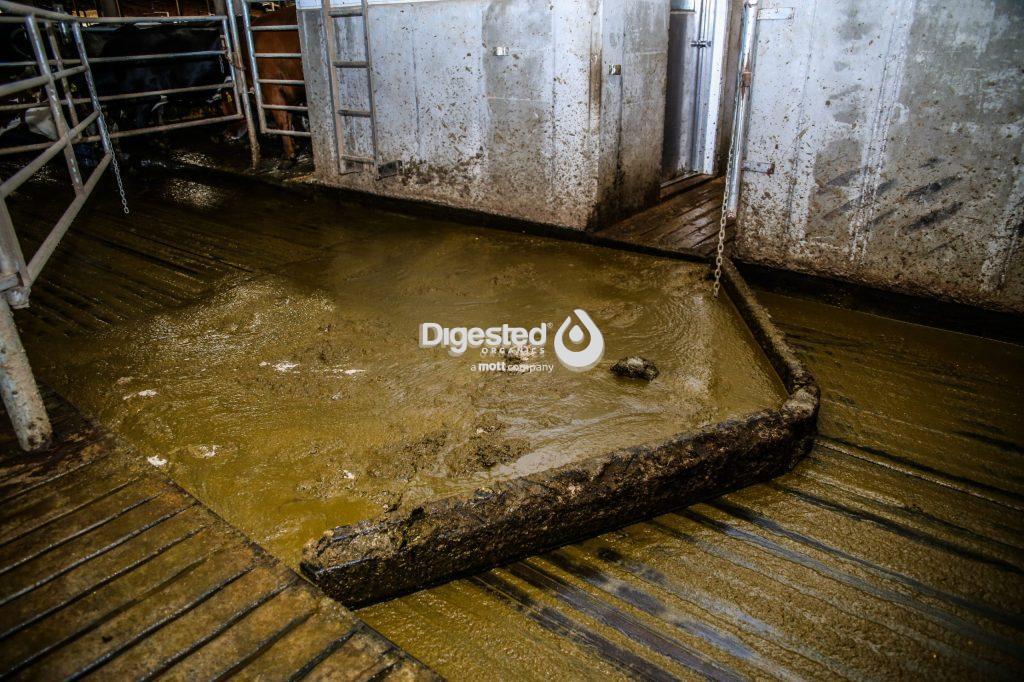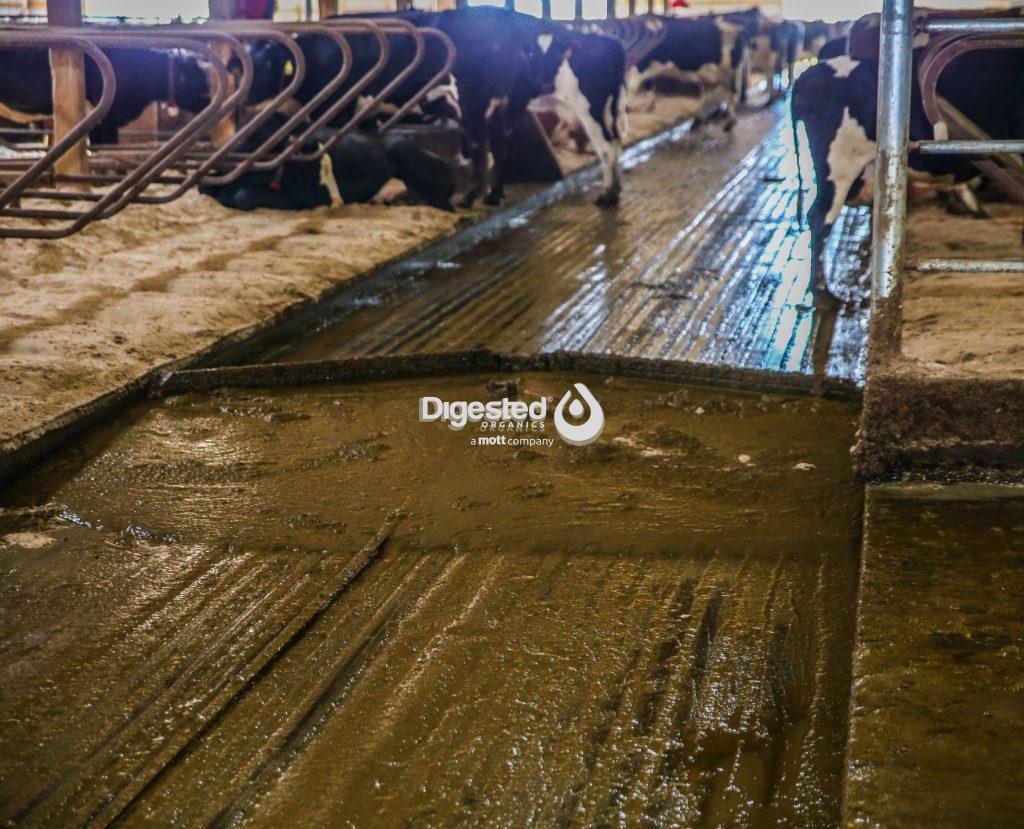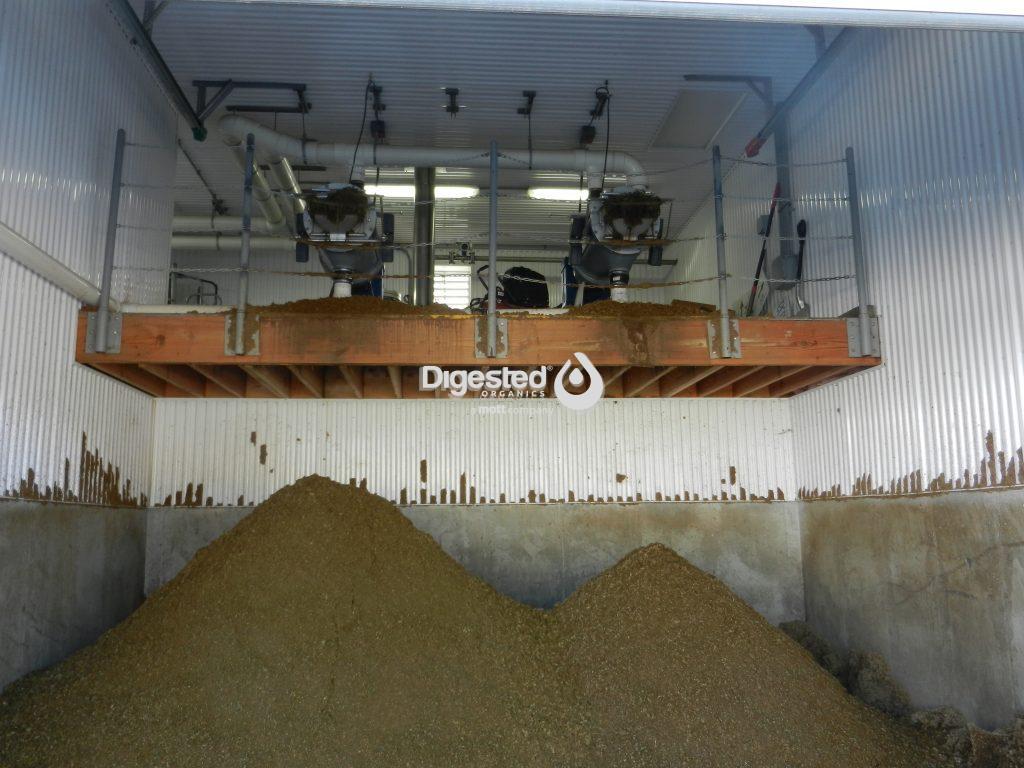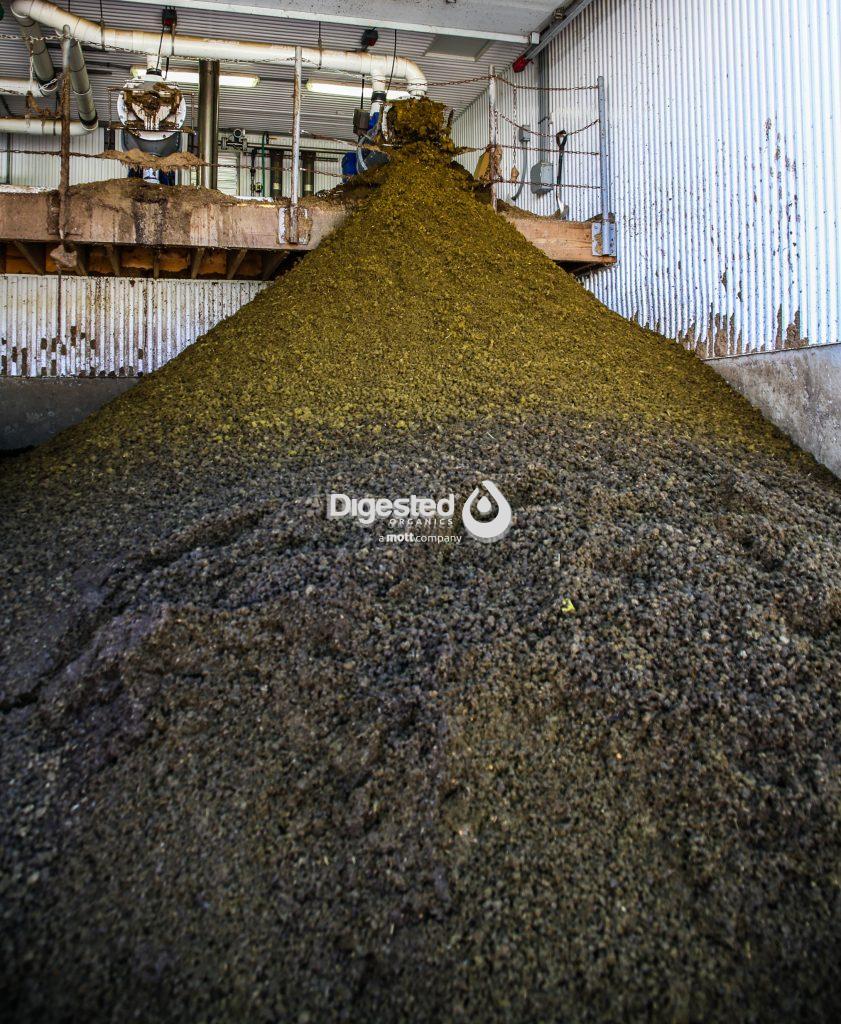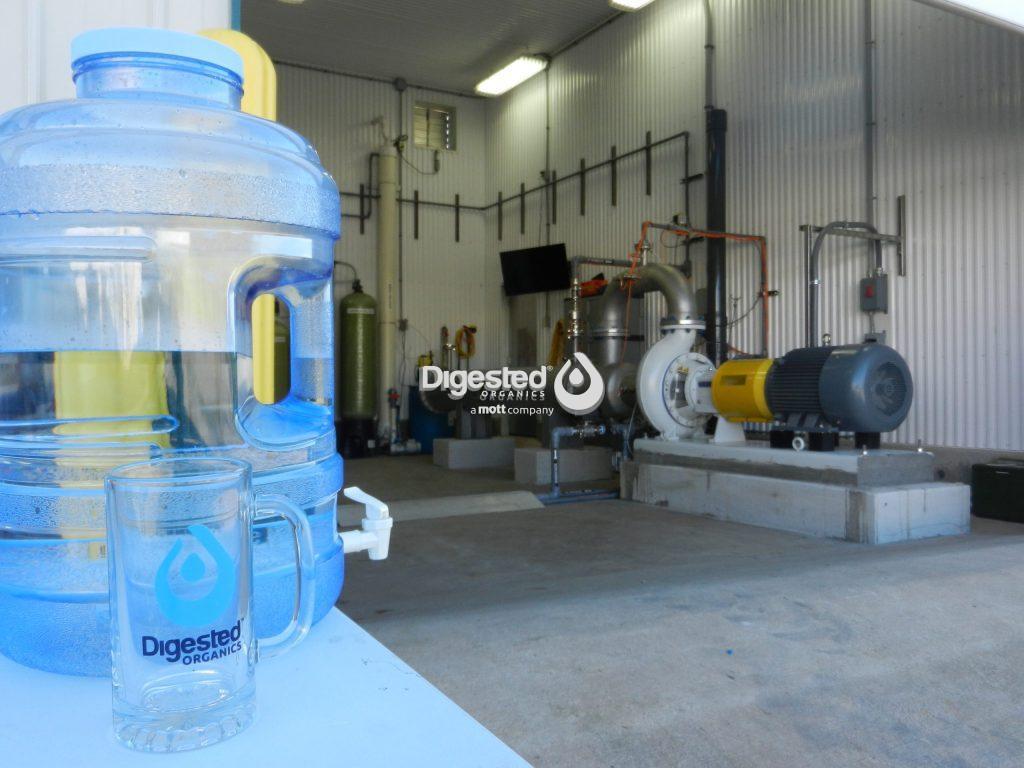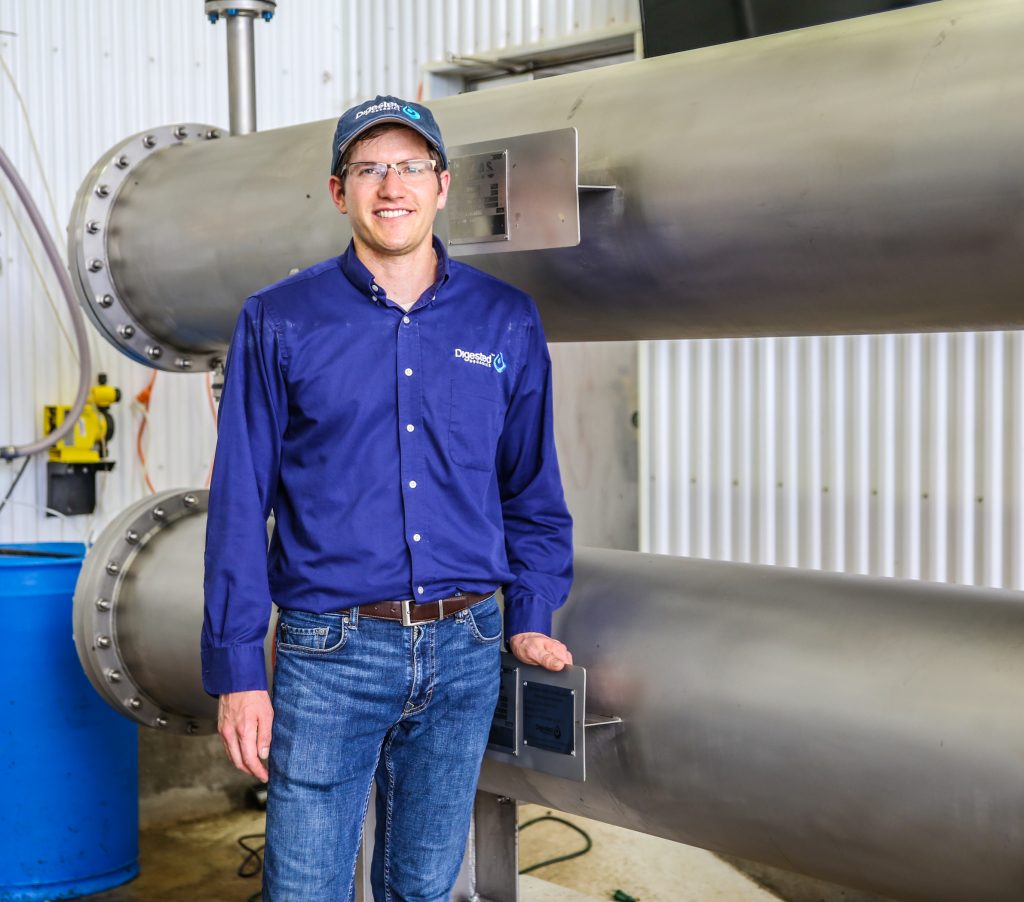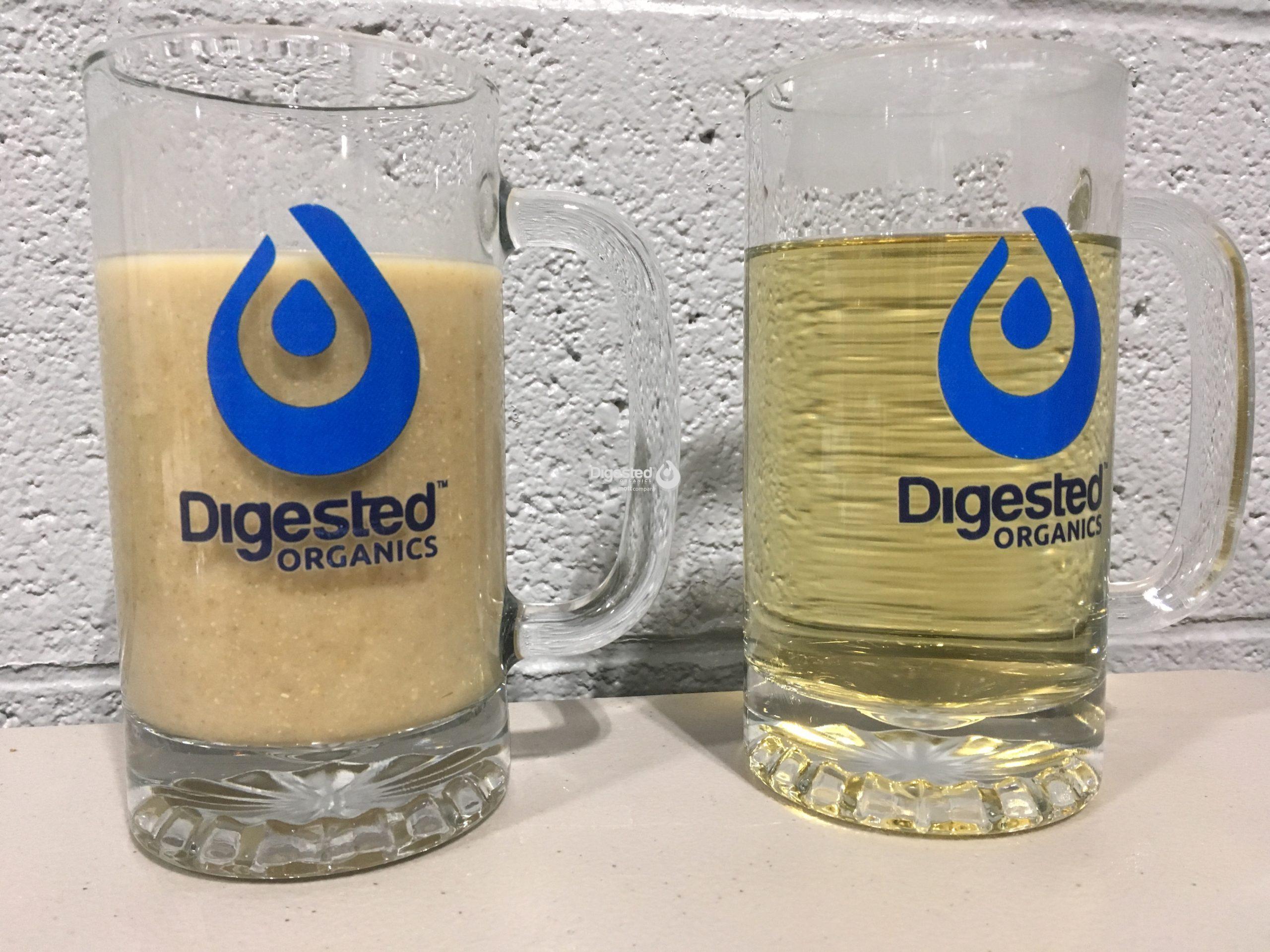
One of the biggest challenges in distilling is the disposal or treatment of stillage, the remaining mixture of grain and water after fermentation and distillation. With the growing production of spirits, distillers are faced with more and more stillage that can be costly to process and transport. While stillage contains grains that are useful as animal feed, it is typically 94-97% water, so huge volumes have to be transported to deliver relatively few pounds of useful feed.
The Challenge of Managing Stillage
Stillage, a byproduct of the distillation process, is rich in nutrients and can be used as animal feed. However, its high water content makes it challenging and expensive to handle. Transporting large volumes of stillage, which is mostly water, to deliver a small amount of valuable feed is not cost-effective. As the production of spirits continues to increase, distilleries are looking for innovative solutions to manage stillage more efficiently.
Digested Organics’ Solution
Digested Organics is committed to changing the way waste is managed. Our mission is to empower businesses to reclaim waste in a way that is more cost-effective and eco-friendly. We offer an advanced ultrafiltration technology solution for stillage that significantly reduces its volume and enhances its value as animal feed.
Ultrafiltration Technology
Our ultrafiltration technology can remove 65-90% of the liquid volume from stillage, creating an “ultra-thin stillage.” This ultra-thin stillage is ideal for reuse as backset, containing no fats/oil, no bacteria, and fewer organics. The remaining concentrate is typically 12-15% dry matter and rich in protein, making it more valuable as animal feed and less costly to transport.
Benefits of Ultrafiltration for Stillage Management
Cost-Effective
By significantly reducing the volume of stillage, ultrafiltration lowers transportation costs. Distilleries can transport a more concentrated feed product, reducing the frequency and expense of shipments.
Eco-Friendly
Reducing the water content in stillage not only cuts down on transportation emissions but also allows distilleries to reclaim and reuse water within their processes. This contributes to more sustainable and eco-friendly operations.
Enhanced Feed Value
The concentrated stillage produced by our ultrafiltration system is higher in dry matter and protein content, making it a more nutritious and valuable feed for animals. This enhanced feed value can provide additional revenue streams for distilleries.
How Ultrafiltration Works
- Initial Filtration: The stillage undergoes an initial filtration to remove large particles and impurities.
- Ultrafiltration: The stillage is then processed through our ultrafiltration modules, which use porous membranes to separate water and small dissolved substances from the solid components.
- Concentration: The ultrafiltration process produces ultra-thin stillage and a concentrated solid fraction.
- Reuse and Transport: The ultra-thin stillage can be reused as backset, and the concentrated solid fraction is transported as a high-protein animal feed.
Optimize Stillage Management with Digested Organics
Managing stillage is a significant challenge for distilleries, but Digested Organics’ ultrafiltration technology offers a cost-effective and eco-friendly solution. By reducing the volume of stillage and enhancing its value as animal feed, our technology helps distilleries operate more efficiently and sustainably.
If you are interested in learning more about our ultrafiltration technology for stillage management, contact us today. We are empowering businesses to reclaim waste in a cost-effective and eco-friendly way.

